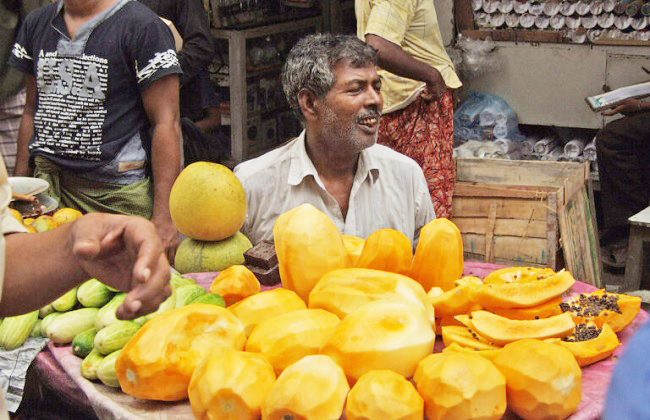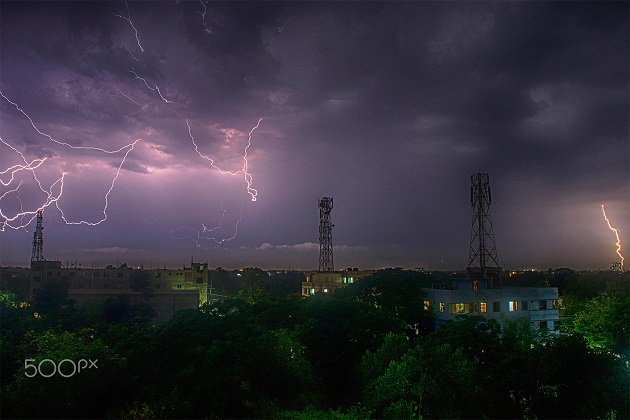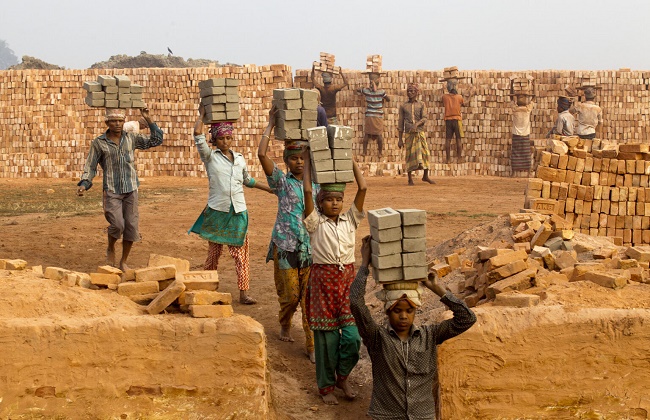Despite planning and accomplishing some wildlife conservation actions over the years, Bangladesh has yet to achieve success in protecting its elephants (Elephasmaximusindicus). Instead, the country has lately witnessed large death tolls of the species every year, mostly due to the conflict with humans. The recent death of an elephant calf while
Author: Abu Siddique
New tourism restrictions to protect coral-rich Saint Martine’s Island
In a bid to protect biodiversity hotspots in the country, Bangladesh plans to restrict tourism and introduce environment-friendly guidelines and directions for tourists visiting the Ecologically Critical Areas (ECAs). The coral reef-rich Saint Martin’s Island and one of the largest haors — a type of wetland ecosystem — in the country,
Interim govt takes strong steps to eliminate single-use plastic
The newly formed government in Bangladesh is about to implement the existing law regarding plastic usage by strictly banning — initially — single-use plastic and, gradually, all possible plastic uses. Civil society members formed the current non-political government on Aug. 8, 2024, after former Prime Minister Sheikh Hasina and her cabinet
Crop fields make way for profitable orchards in Bangladesh
In the last few years in mid-western Bangladesh, the trend of planting different types of fruit orchards, like mango, lychee and papaya, has gone up in three districts together commonly known as the High Barind Tract — Rajshahi, Chapai Nawabganj and Naogaon. “Transforming the land from rice and wheat fields to
CITES suspends Bangladesh as illegal wild bird trade continues
Bangladesh, a signatory nation of CITES (the Convention on International Trade in Endangered Species of Wild Fauna and Flora), has failed to control illegal bird trade and has recently been suspended from the convention. Data shows that Bangladesh has been importing several species of endangered birds from the international market to
Bangladesh launched awareness initiatives to curb panic over Russell’s vipers
Govt to formalize fire mitigation plans for Sundarbans as burning risk rises
The Bangladesh government is drafting guidelines to tackle the rising incidence of fires in the Sundarbans, the world’s largest mangrove forest, as intensifying human activity raises the risk of burning in the region. “We have already decided to formulate an SOP [standard operating procedure] which will act as a guideline for
100-day program to address critical environmental issues in Bangladesh
Saber Hossain Chowdhury was appointed Bangladesh’s new minister of environment, forest and climate change on Jan. 11, 2024. Part of the new government that will hold office for the next five years, he’s already made radical decisions on national environmental policy. Chief among these is the “100-day program” approach to
Country still has no reliable preventive measures against lightning strikes
Over several decades, Bangladesh has seen an increase in the frequency of lightnings and, consequently, an increase in fatalities resulting from lightning strikes. Researchers have linked the increased frequency of lightning with climate change. As for the increased death toll, they blame the country’s inadequate early warning systems and big tree
Bangladesh moves toward alternative bricks to save topsoil & reduce pollution
With rising demand for infrastructure development in Bangladesh, both private and public, the demand for bricks has increased over the decades. To meet the demand, production has also risen. The entire process damages the country’s environment in two ways: Increased air pollution and decreased soil fertility, as the current brickmaking






